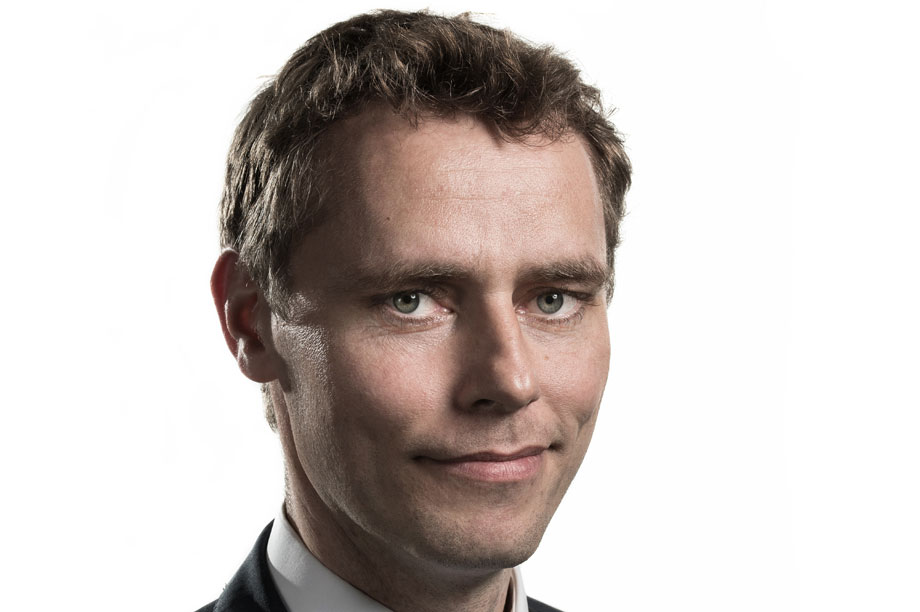Borten Moe was quoted by E.on CEO Johannes Teyssen, who added: "This is another sign that Europe's energy and climate policies are failing." A final investment decision on the 1.4GW subsea cable project to link Germany and Norway costing about EUR 1.5-2 billion was scheduled for 2014, with cable commissioning slated for 2018.
Offshore and onshore wind power could then be exported from Germany to Norway when German power prices are low, and Norway could send hydropower to Germany when less wind is on the system there and prices are higher. On the UK link, the UK's National Grid and Norwegian counterpart Statnett confirmed plans last May for further development of the interconnector between the two countries.
The Norwegian energy minister is concerned that "if the new electricity cables are not included in the national capacity markets planned in Germany and the UK, the cost-benefit value might change. This complicates the ministry’s review of Statnett’s licence applications for the two cables," said Jon Evang, senior adviser on communication at the Norwegian Ministry of Petroleum and Energy.
His remarks did not, it seem, apply to a separate Norway-Scotland cable project dubbed NorthConnect under development by Swedish state-owned Vattenfall UK, and Norwegian companies E-CO Energi, Agder Energi and Lyse. But how this project will progress in view of the Norwegian government's preference for state-owned grid operator Statnett to control all interconnectors is not yet clear.
In July, the UK Department of Energy and Climate Change said the government intends to run the first capacity auction in late 2014 for delivery in 2018/2019 "to supply a predictable income to providers of reliable capacity" to back up intermittent output from wind and other types of generation. These include generation and non-generation measures such as demand-side response and storage, but evidently not electricity supplied via the planned new interconnectors.
In a formal letter to UK energy minister Edward Davey, dated 15 July, the Norwegian minister said: "I will analyse the capacity market arrangement more closely, but I cannot deny that an exclusion of interconnected capacity from the market arrangement complicates the treatment of the licence application for the UK-Norway electricity interconnector. I worry that such an exclusion will be disadvantageous for the economic viability of the interconnector project."
Germany is still mulling over whether and when a capacity market is really necessary, having introduced a "reserve power station" regulation in June as a temporary measure running to end-2017. This aims to secure a stable electricity system but avoids locking a long-term support mechanism into place before the details of a planned new market design in Germany are clear.



.png)

HR.jpeg)
.png)








